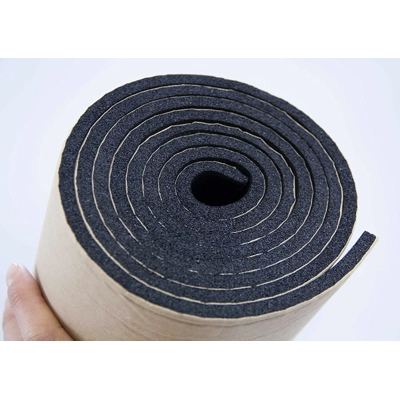
What Is The Difference Between Soundproofing And Sound Absorbing?
The main difference between soundproofing and sound absorption lies in their functions: Soundproofing prevents sound from entering or leaving a space, whereas sound absorption enhances the acoustic quality within a space.
Materials – Soundproofing materials rely on mass and density to block sound, while sound-absorbing materials are soft and porous to absorb sound.
Soundproofing


Soundproofing uses dense, heavy materials to block sound transmission, making it ideal for spaces where sound leakage is a concern, like conference rooms.
Sound Absorption
Sound absorption relies on light, porous materials to trap and convert sound waves, reducing echo and reverberation. This is ideal for spaces with poor sound quality or significant echo, such as restaurants, libraries, and meeting rooms.
-
While sound absorption doesn’t prevent sound from traveling into adjacent rooms, it does improve speech clarity and sound quality within a room. Combining sound absorption and soundproofing can provide a more comprehensive solution to reduce and prevent acoustic issues.
-
Adding mass to walls, using materials such as drywall, medium-density fiberboard (MDF), plywood, mass-loaded vinyl (MLV), bricks, cement board, or oriented strand board (OSB), can help block sound by making walls heavier and less responsive to sound vibrations.
-
For best results, consider having soundproofing or sound absorption solutions into your car, van or home installed by a professional sound specialist.




























































